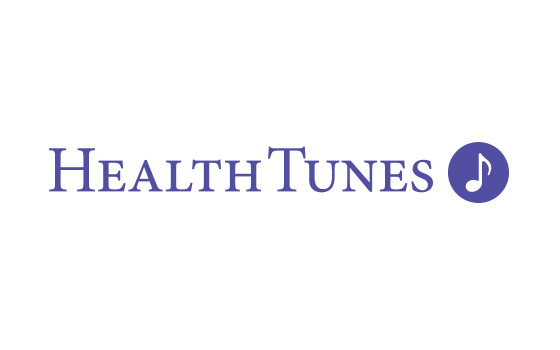 HealthTunes has announceed the launch of the iOS App specifically created to help alleviate the mental health suffering of frontline healthcare workers. After months of fighting the pandemic, many frontline workers are suffering from burnout and post-traumatic stress disorder (PTSD). In the general population, after months of lockdown, job loss, and uncertainty, stress and anxiety has skyrocketed as well.
HealthTunes has announceed the launch of the iOS App specifically created to help alleviate the mental health suffering of frontline healthcare workers. After months of fighting the pandemic, many frontline workers are suffering from burnout and post-traumatic stress disorder (PTSD). In the general population, after months of lockdown, job loss, and uncertainty, stress and anxiety has skyrocketed as well.
Several studies have shown physicians were already suffering from burnout before this recent crisis. The arrival of the pandemic exacerbated the issue, including the loss of physicians by suicide. The loss of anyone by suicide is extremely painfulbut losing those entrusted in our care and the care of our loved ones is especially tragic.
Increased incidents of mental distress and illness inside and outside of the health care community are also on the rise. The UN Chief as well as the Director of the Department of Mental Health at the WHO "urged the international community to do much more to protect all those facing mounting mental pressures." They anticipate cases of substance abuse and suicide will be on the rise due to the effects of COVID-19and called for societies to "make sure that measures are there to protect and promote and care for (the) existing situation right now… so that we can prevent things becoming worse in the near future."
HealthTunes' proprietary music therapy engine harnesses the healing power of music and tones to help provide relief to all those suffering.
"As we saw more and more headlines related to the mental health impacts of frontline healthcare workers and beyond, I knew we had to do everything we could to get HealthTunes into the hands of those that need it the most as quickly as possible," said Walter Werzowa, Founder of HealthTunes. "We admire the work being done by Headspace and specifically their efforts to share meditation tools with healthcare workers at the NHS and in the U.S. We wanted to provide an additional modality for those who find meditating during a time of crisis difficult. In the same way that meditation can help alleviate stress and anxiety, so too can streaming (24/7, location independent) musical therapies by HealthTunes."
According to a study published in 2017 in Frontiers in Neuroscience (1), binaural beats were shown to be effectively used "...as a stimulus for inducing a meditative state within a short duration." It went on say that while meditation can help with stress reduction, achieving such effects "require a deep meditative state that often takes a long period of time. With this binaural beat, a meditative state can be induced in just 10 min. and may be more feasibly implemented in modern lifestyles."
The HealthTunes app is a streaming digital pharmacy providing music therapies to help alleviate stress, anxiety, burnout, and insomnia. Therapeutic playlists layer binaural beats on top of musical selections of varying genres, leveraging a proprietary algorithm. In clinical research, binaural beats have proven to help modulate brainwaves, stimulate the parasympathetic nervous system of the body, and entrain one's heart rate/breathing, which in turn helps users relax.
HealthTunes is a portfolio company of Healthware Ventures and was designed and developed in collaboration with Healthware Group's Digital Health Factory. The iOS version of HealthTunes can be downloaded for free at the Apple iTunes store. Users can learn more about the medical research supporting musical therapies at www.healthtunes.org as well as find a library of other musical therapy playlists in a wide range of genres, treating numerous conditions.
About HealthTunes®
HealthTunes is a digital audio pharmacy and health-focused online streaming service created to improve a user’s physical and mental health by pairing evidence-based clinical research with music from across the globe.1. Nantawachara Jirakittayakorn, Yodchanan Wongsawat. Brain Responses to a 6-Hz Binaural Beat: Effects on General Theta Rhythm and Frontal Midline Theta Activity. Front Neurosci. 2017; 11: 365. doi: 10.3389/fnins.2017.00365